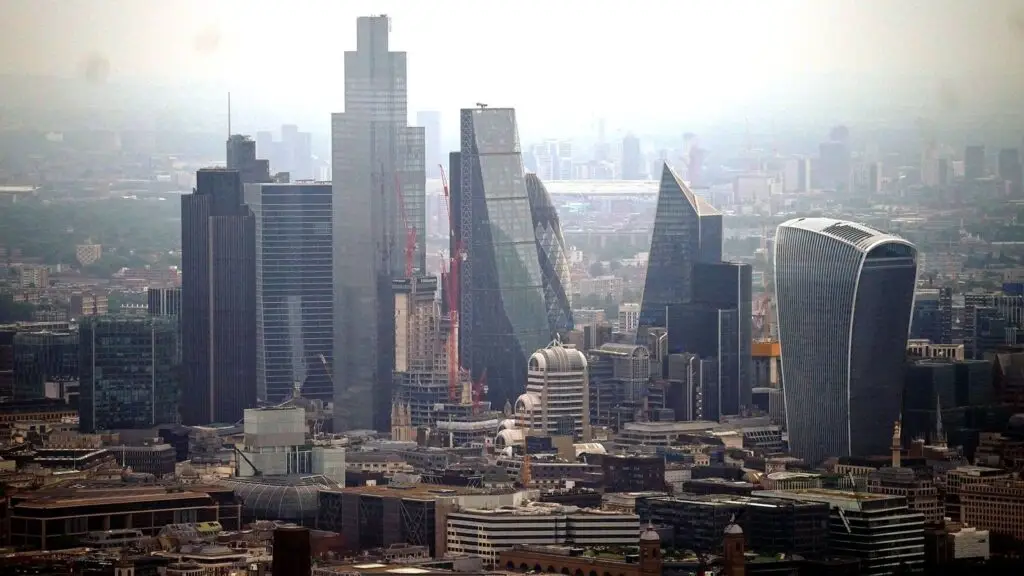The UK economy is in dire need of a substantial investment boost to achieve a 3% annual growth rate. A significant amount of £1 trillion over the next decade has been proposed.
This call to action comes after years of underinvestment, with the focus primarily on energy, housing and venture capital.
Substantial Investment Required
The Capital Markets Industry Taskforce (CMIT) has indicated that £1 trillion over the next ten years is essential to attain a 3% annual growth rate. This translates to an annual investment of £100 billion, aimed at helping the UK catch up after years of lagging behind other developed economies.
The taskforce, representing leaders in the financial services industry, proposes unlocking funds from the £6 trillion in long-term capital within the pensions and insurance sectors to meet this requirement.
Government’s Economic Priorities
The current government has prioritised economic growth, with Prime Minister Sir Keir Starmer aiming for a 2.5% growth rate. This target has become challenging due to a £22 billion shortfall in public finances, necessitating tough budgetary decisions next month.
Labour has blamed the Conservative administration for this financial gap, which has added complexities to achieving their economic goals.
The anticipated budget is likely to impose new measures targeting wealthy individuals and corporate entities to bridge this gap.
Reallocation of Long-Term Capital
The CMIT report highlighted the potential in reallocating existing long-term capital.
Nigel Wilson, the report’s lead author, emphasised the need for the UK to reallocate its long-term capital to close the investment gap with other G7 nations.
The report called for an annual increase of £50 billion in energy investment for power security and net-zero targets, £30 billion for housing, and between £20 billion to £30 billion for venture capital.
Pension Funds and Domestic Equities
The study suggests that UK pensions could substantially increase their investments in domestic and unlisted equities while remaining in line with other advanced economies.
The government is currently reviewing the pension system’s role in funding corporate start-ups and might consider tax reductions on shares for retail investors to incentivise investment.
These measures aim to bolster interest in UK stock markets, which have lagged behind growth rates seen in Europe and the United States.
Retail Investors Role
Susannah Streeter, head of money and markets at Hargreaves Lansdown, noted that retail investors are crucial in providing capital for business expansion.
She highlighted that 80% of the equities traded on their platform in the last year were on London markets, yet more efforts are needed to encourage broader participation in investing in shares.
Streeter also pointed out that retail share ownership among UK households has sharply declined over the past two decades, a trend that needs reversing to ensure a robust investment environment.
Historical Context and Future Directions
Historically, the UK has had a strong tradition of pension savings and retail investment in shares, peaking in the 1980s and 1990s and during the dotcom boom of the early 2000s.
However, recent trends show that households are now holding onto excess cash savings rather than investing in longer-term assets, which could be reinvested to stimulate economic growth.
Concluding Remarks on Required Investment
The urgent need for a substantial injection of funds into the economy cannot be overstated.
It is crucial for long-term investors, both institutional and retail, to play an active role in revitalising the economic landscape.
In conclusion, the UK’s path to achieving a 3% annual growth rate hinges on a strategic £1 trillion investment over the next decade.
The coordinated efforts of the government, financial sectors, and retail investors are vital in driving this significant economic transformation.

